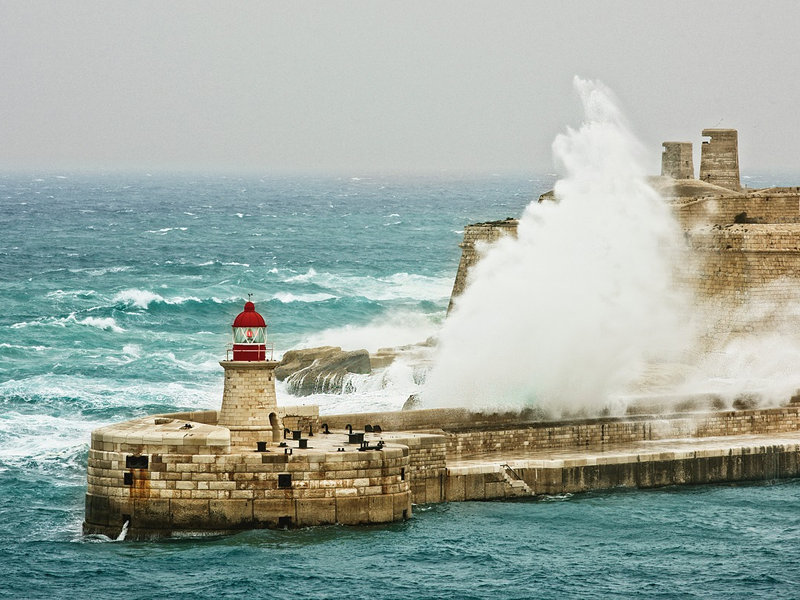
The Maltese economy is stable and the Government is business-friendly. The tax regime is designed to make it a competitive investment destination for a non-resident shareholder of a Malta company (Trading).
You would do well to secure the moves you make with sound legal advice once investing in Malta or acquiring the Maltese citizenship,. Select someone qualified to represent your interests while executing legal documents. As the world economies integrate and new technologies emerge, the legal framework keeps on changing and becoming more complex. So, one must reckon with local laws, country’s laws, international laws and sector specific laws.
Malta is an archipelago in the central Mediterranean, about 80 km (50 miles) south of Italy across the Malta Channel. Only the three largest islands – Malta (Malta), Gozo (Għawdex) and Comino (Kemmuna) – are inhabited. Malta is classified as an advanced economy with 32 other countries by the IMF. With total population less than half-million and a population density of 1254/SqKm it is one of the densest countries in EU. The per capita income of 45.7K International Dollars almost equals that of UK and France.
Malta ceased to be a British colony in 1964 (21st September, 1964 is the Independence Day) and it became a Republic in 1974. Malta joined the European Union on 1 May 2004. Following the European Council of 21–22 June 2007, Malta joined the Eurozone on 1 January 2008. The laws of Malta are based on i) Constitutional law, ii) The primary and secondary legislation, iii) The common law, European Community Law and iv) Custom law local traditions for example the Code de Rohan. Both Maltese and English are official languages and Euro is the country’s currency.
It is apt to select lawyers or law firms specialising in domains of interest. While there may be law firms which work with mandates spanning a wide variety of subjects, you may be better off with domain experts.
Malta’s legislation regime in domains of IT and Virtual Financial Assets (VFA) is quite a few steps ahead of most EU member states, though EU is driving the concept of a single digital marketplace. Investors can derive competitive advantages by setting up their Head Quarters in Malta when it comes to emerging businesses in such domains — which require agility and minimum bureaucracy. Government provides incentives for companies and start-ups to invest in the IT leveraged sectors employing blockchain technologies, Cryptocurrencies and VFA.
Here is an illustrative list of wide-ranging domains in which you can find legal experts practicing in Malta:
- Technology, Media & Telecommunications
- Crypto Currency & Blockchain Law
- Initial Coin Offerings
- Tax Law
- Mergers and Acquisitions
- IT Law
- International Business
- Intellectual Property
- Insolvency Law
- Immigration Law
- General Litigation
- Corporate Law
- Contracts
- Banking Finance
- Family Law
- Business Law
- Arbitration Law
- Administrative
- Yachting, Shipping and Maritime
- Real Estate
- Wills
- Trusts Law
- iGaming
More than one-third of the GDP of Malta comes from tourists. International tourists exceed 1 million p.a. Malta’s biggest trading partners are Italy, UK and Germany. Besides imports and exports there is a good potential for export-oriented manufacturing companies in the sectors of electronics, pharmaceuticals and IT and ITeS (IT enabled Services). Over 200 companies are foreign owned. FDI or setting up a new company are the means to get a good ROI. The business entities can be set up as Sole Trader, Private Limited Liability Company, Limited Partnerships and General Partnerships.
The Maltese economy is stable and the Government is business-friendly. Malta Enterprise is a single window for addressing all permissions related or regulatory issues. The tax regime in Malta is designed to make it a competitive investment destination for a non-resident shareholder of a Malta company (Trading). Full profit repatriation and no withholding tax for non-resident owners are often workable with proper legal arrangements. Secondly for incorporating a new Company, the fees are low in comparison to competitive markets in the EU.


